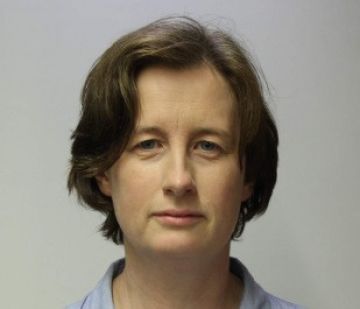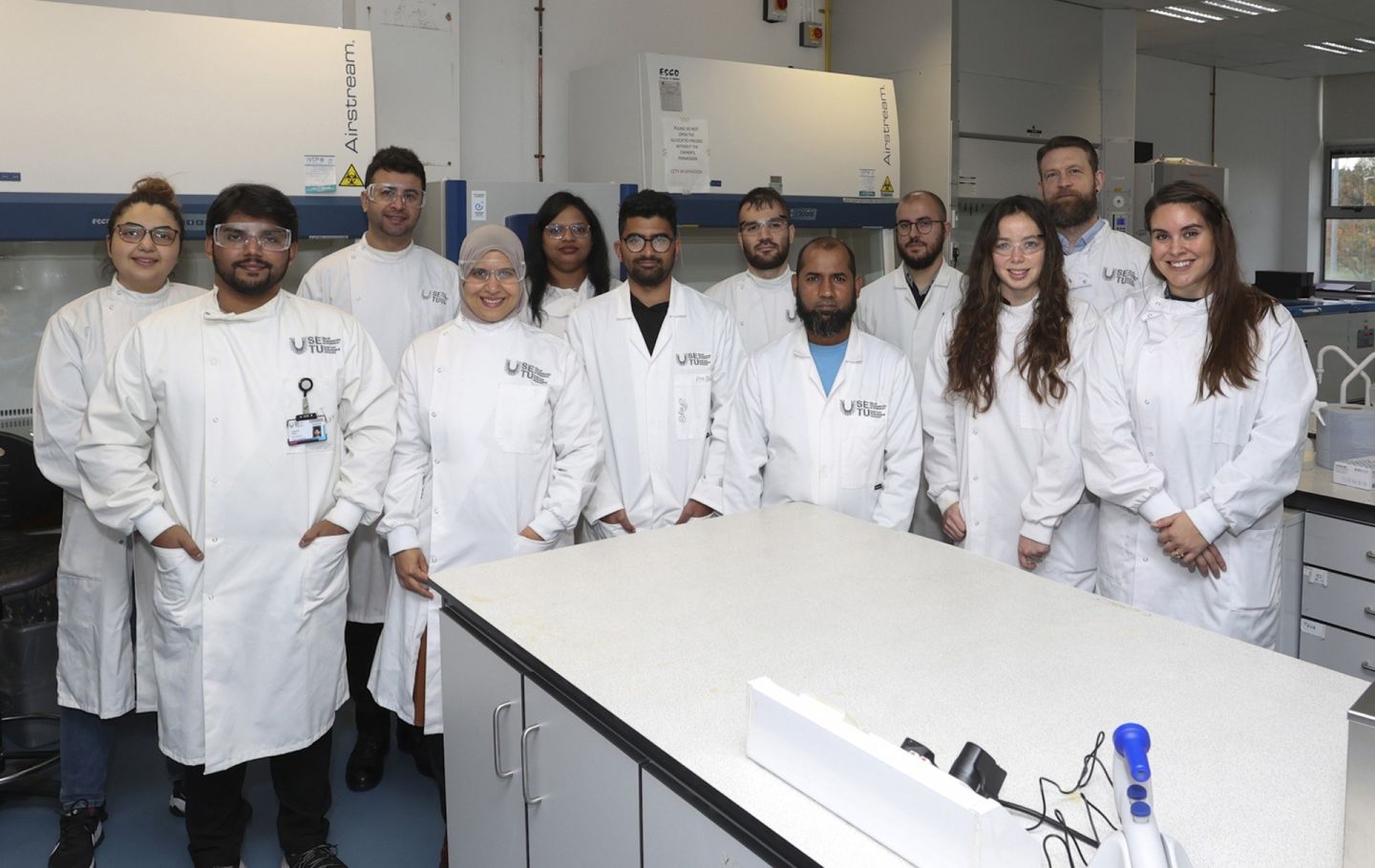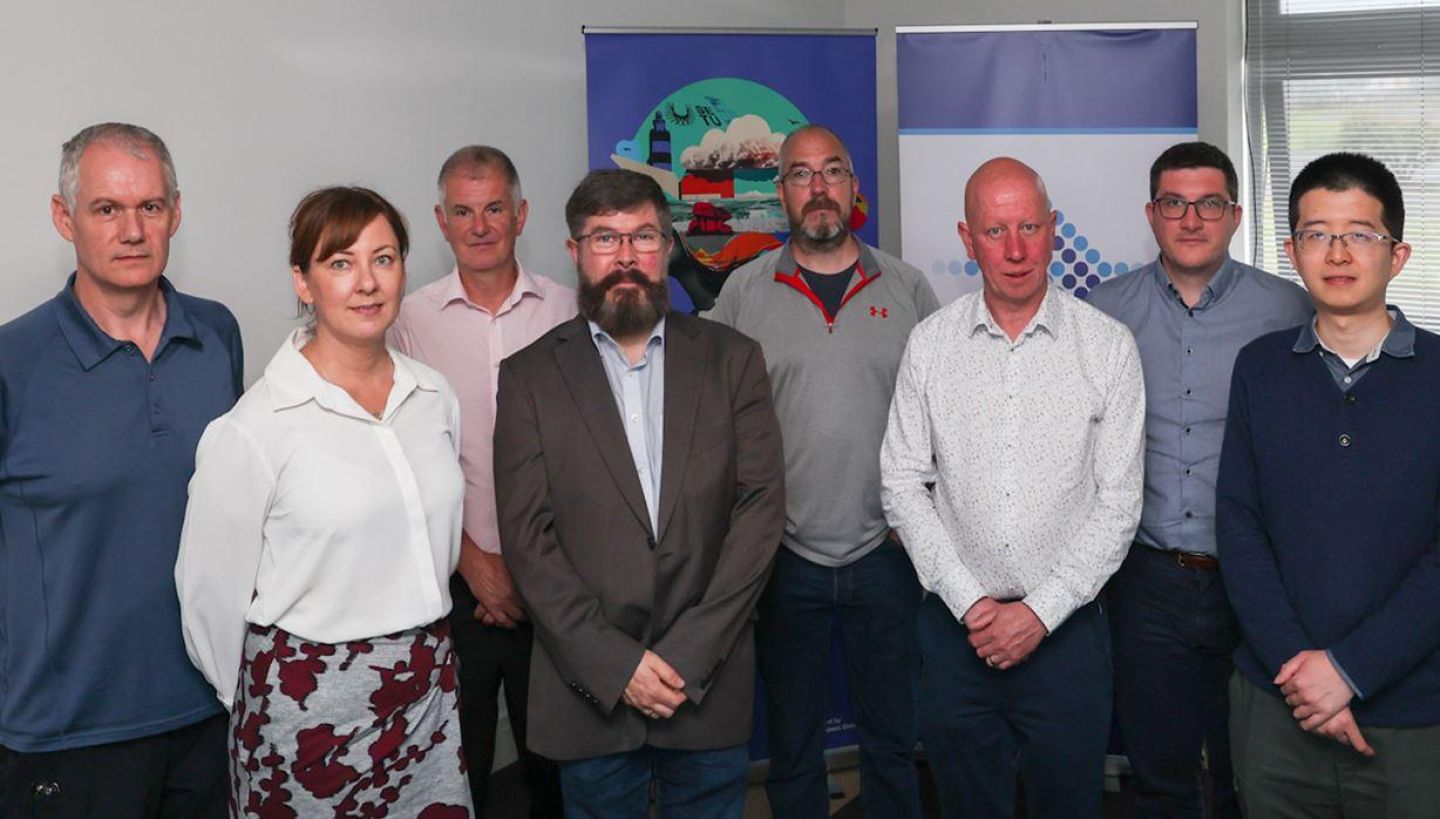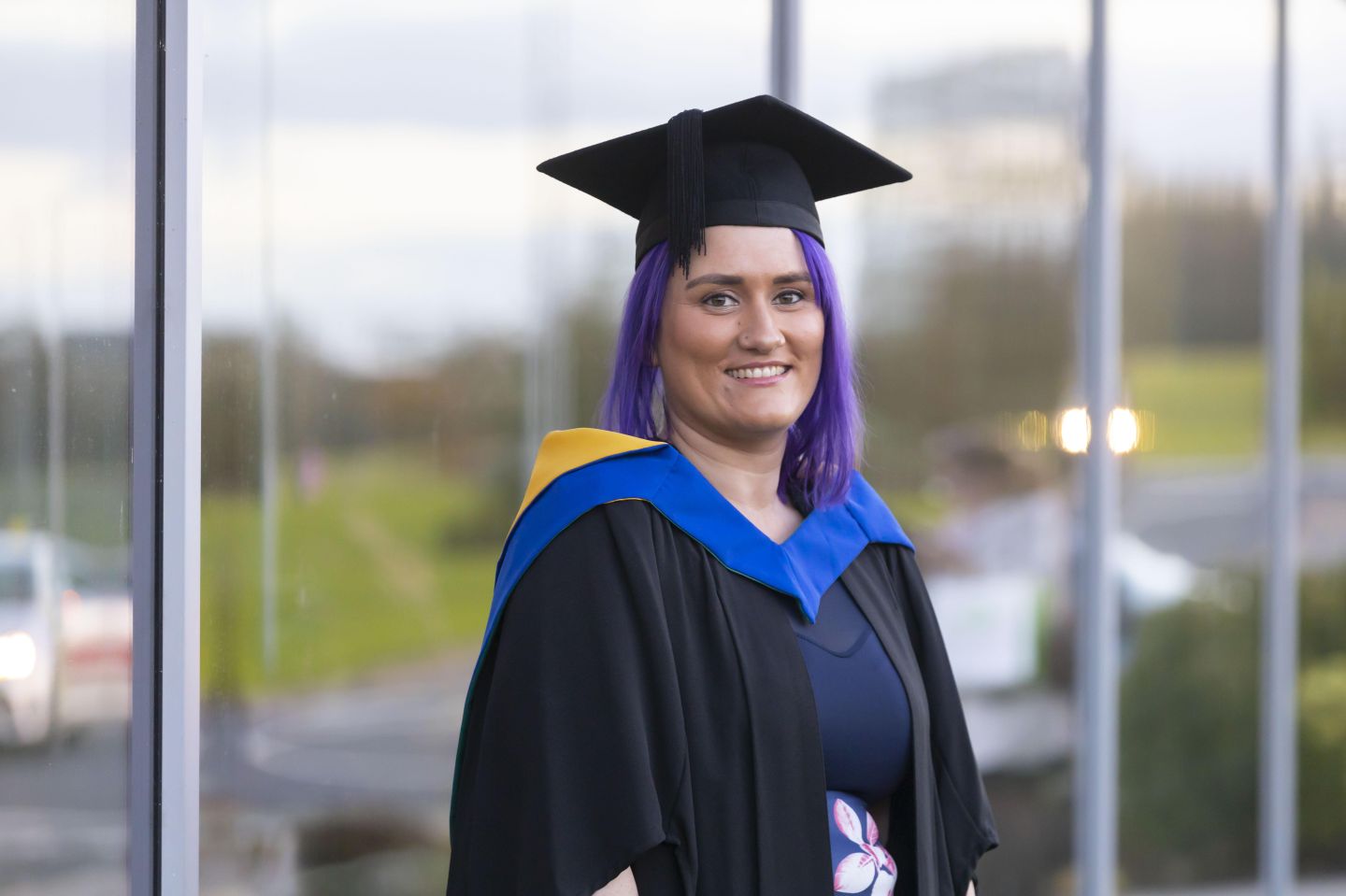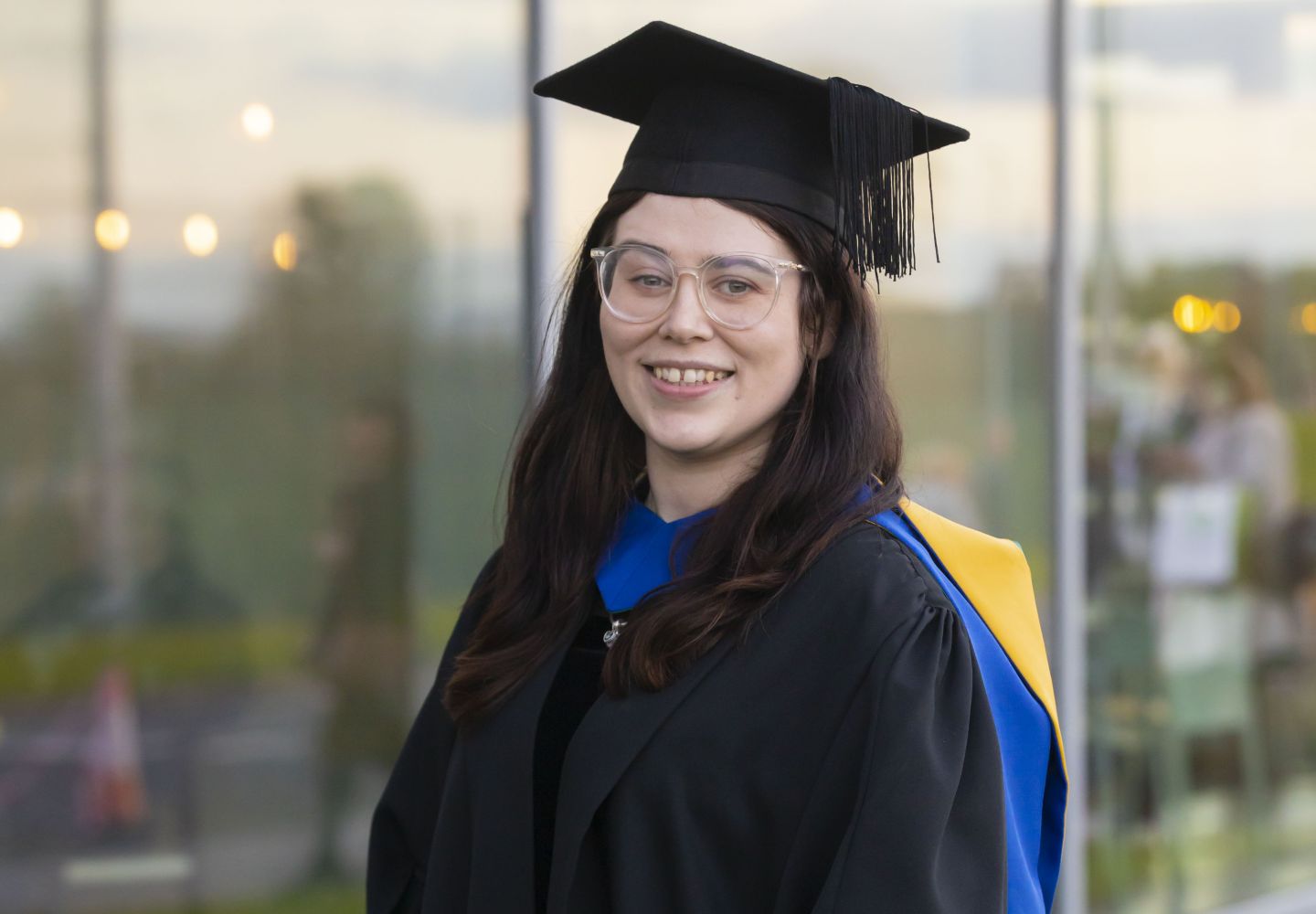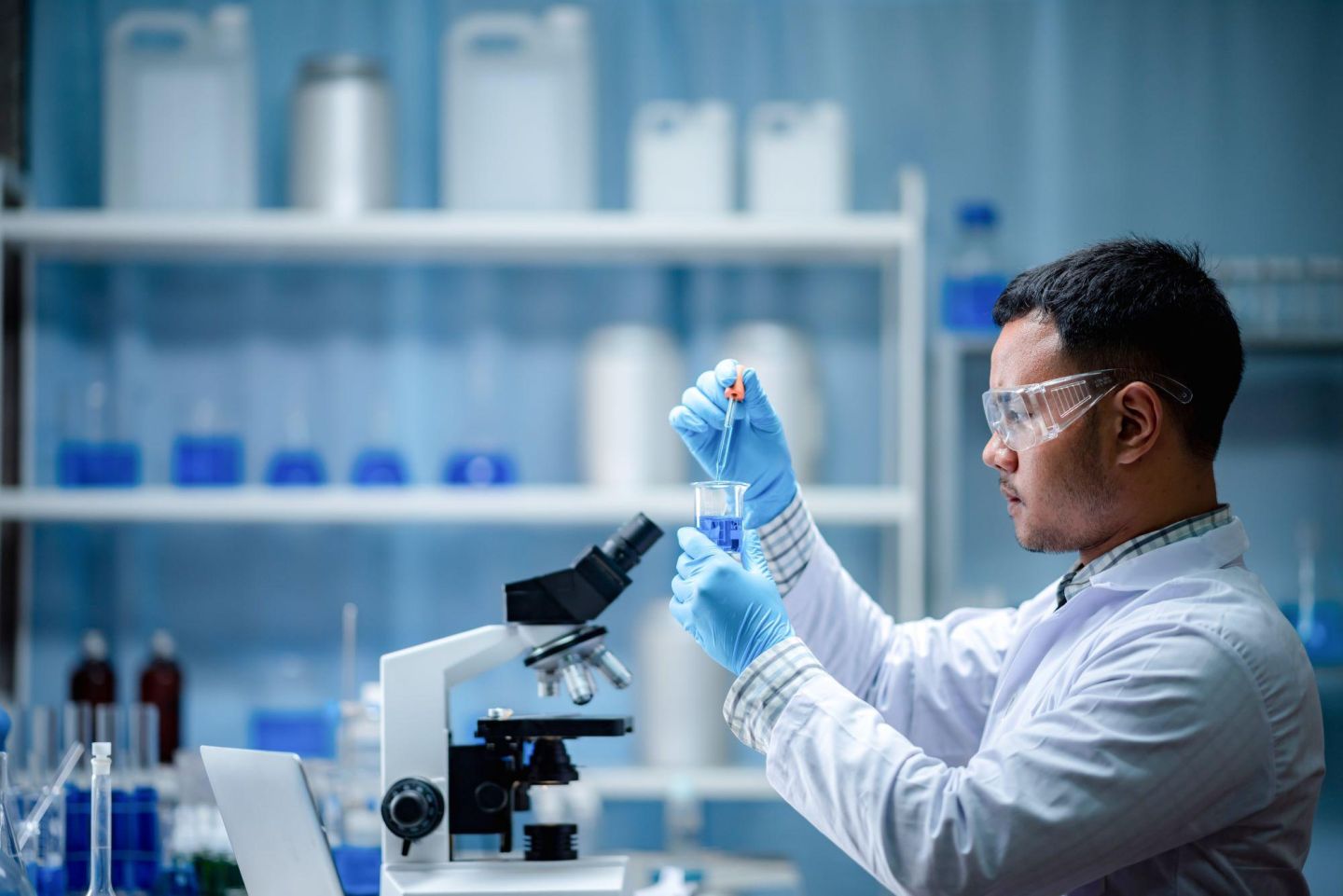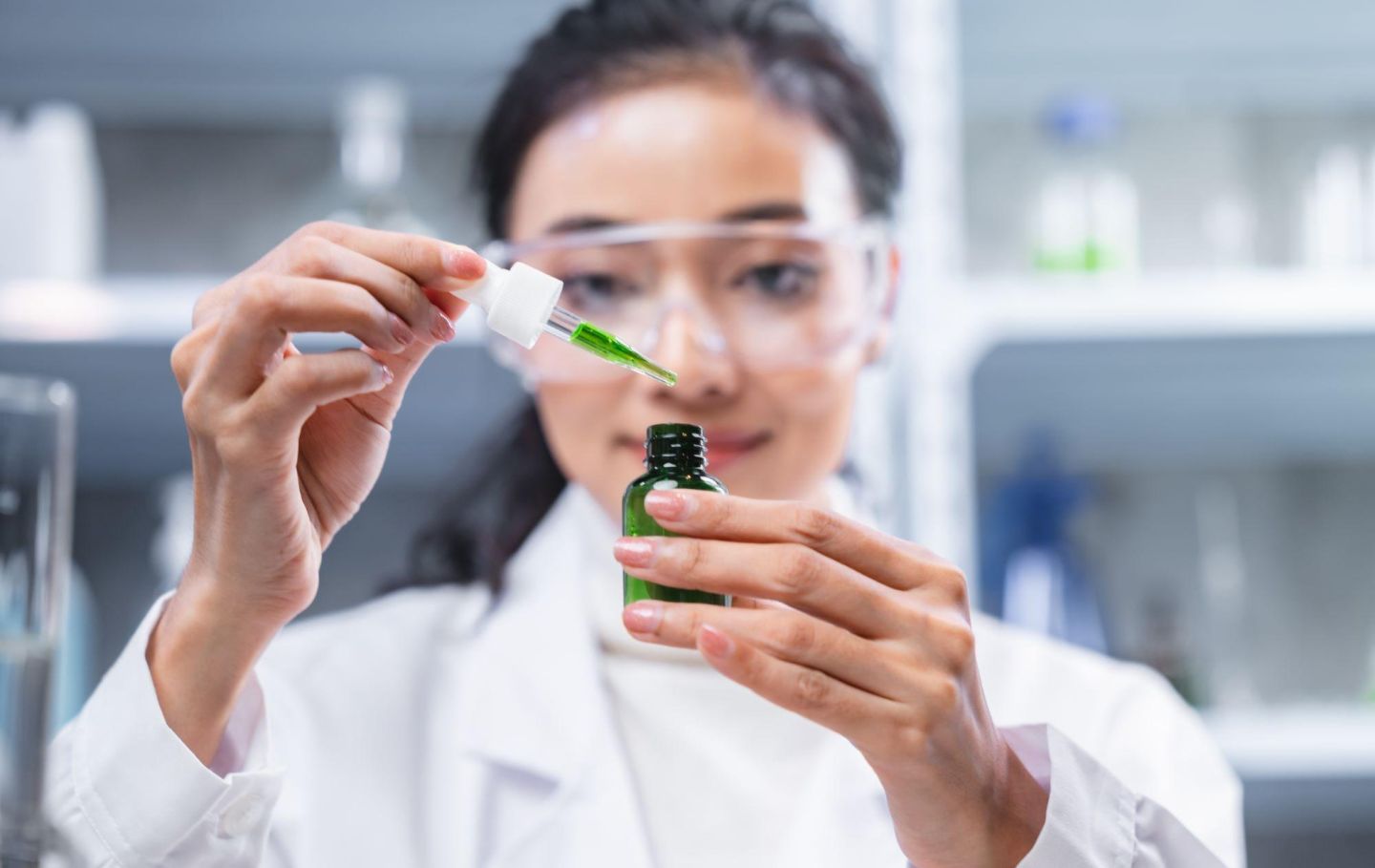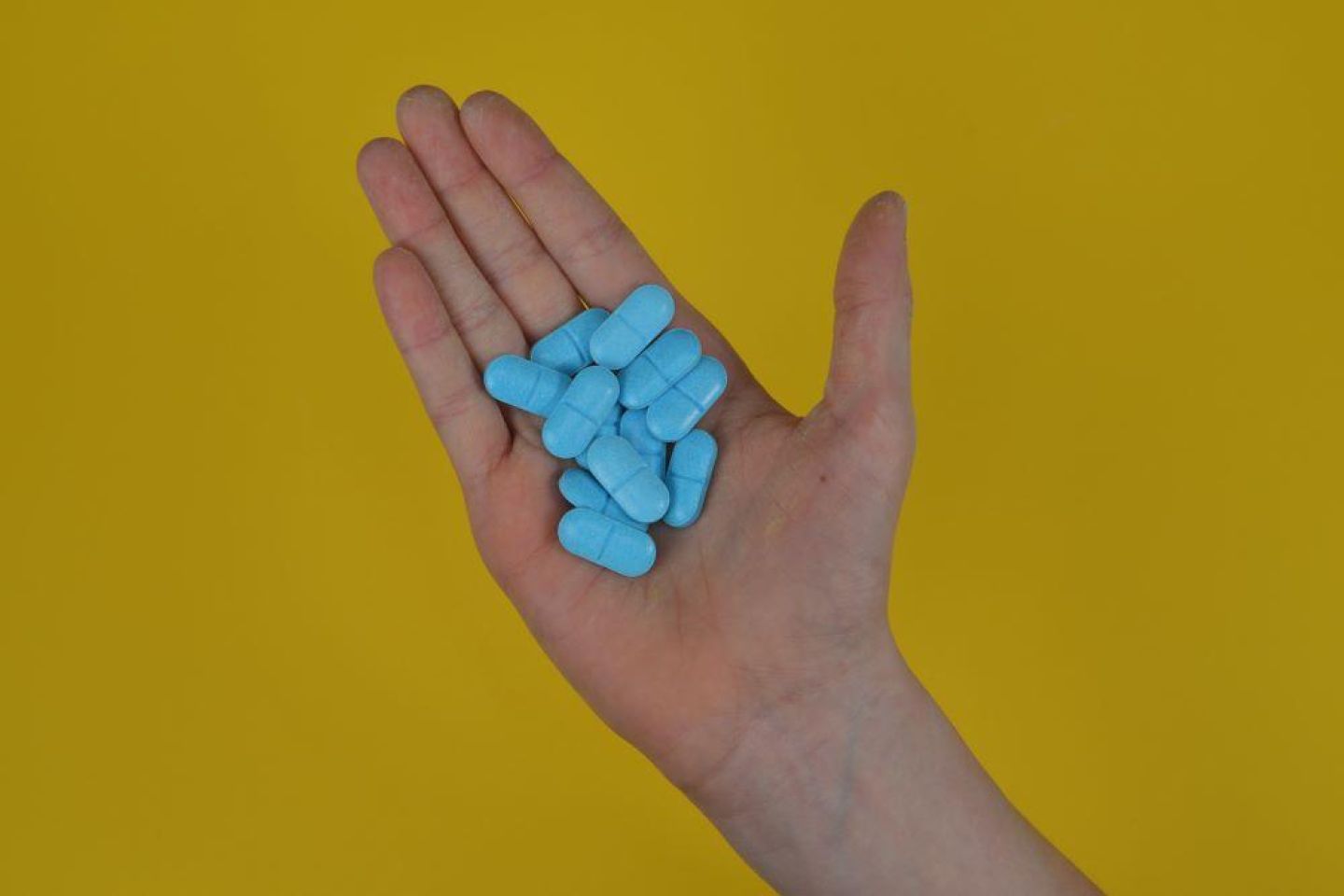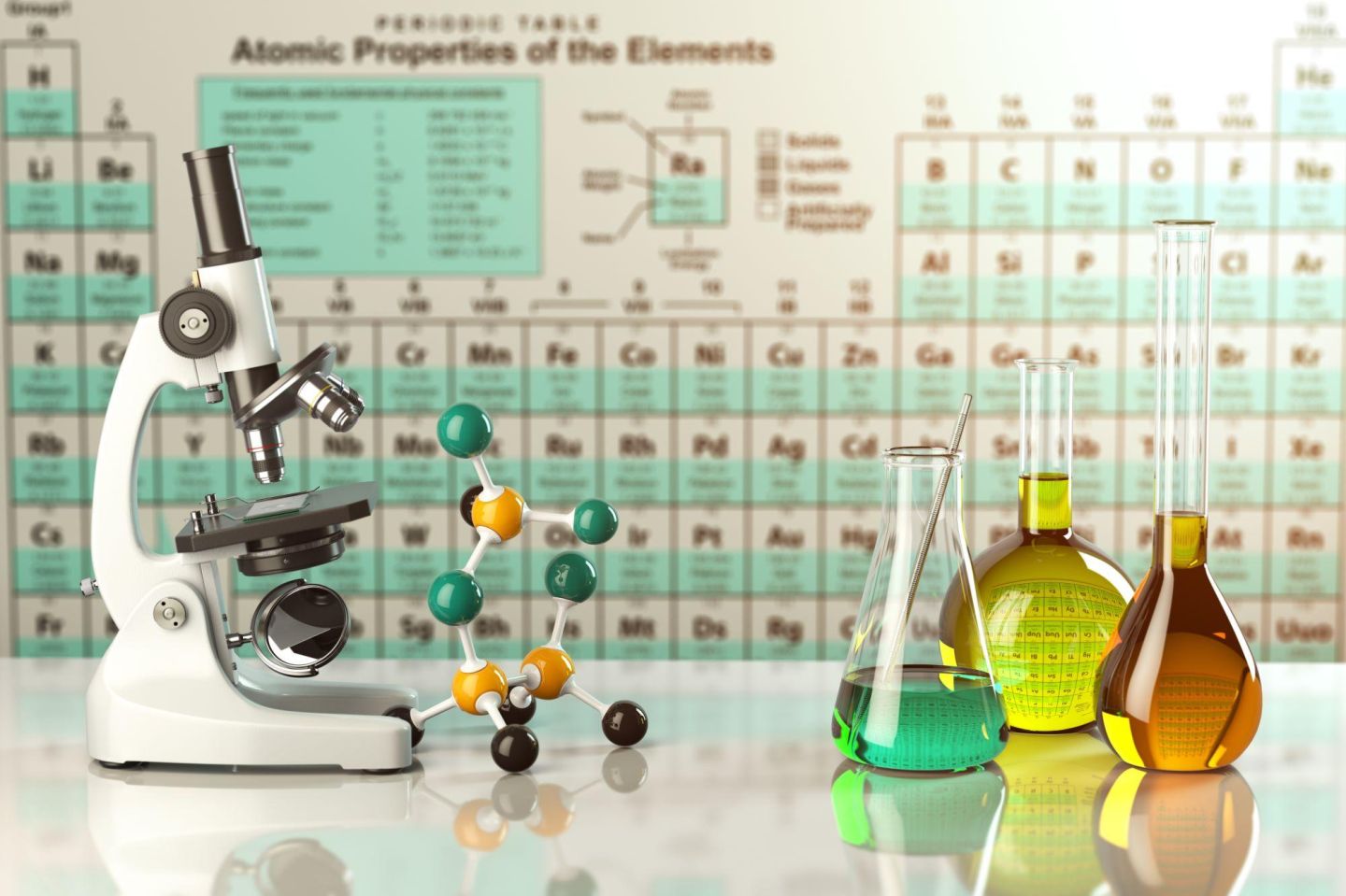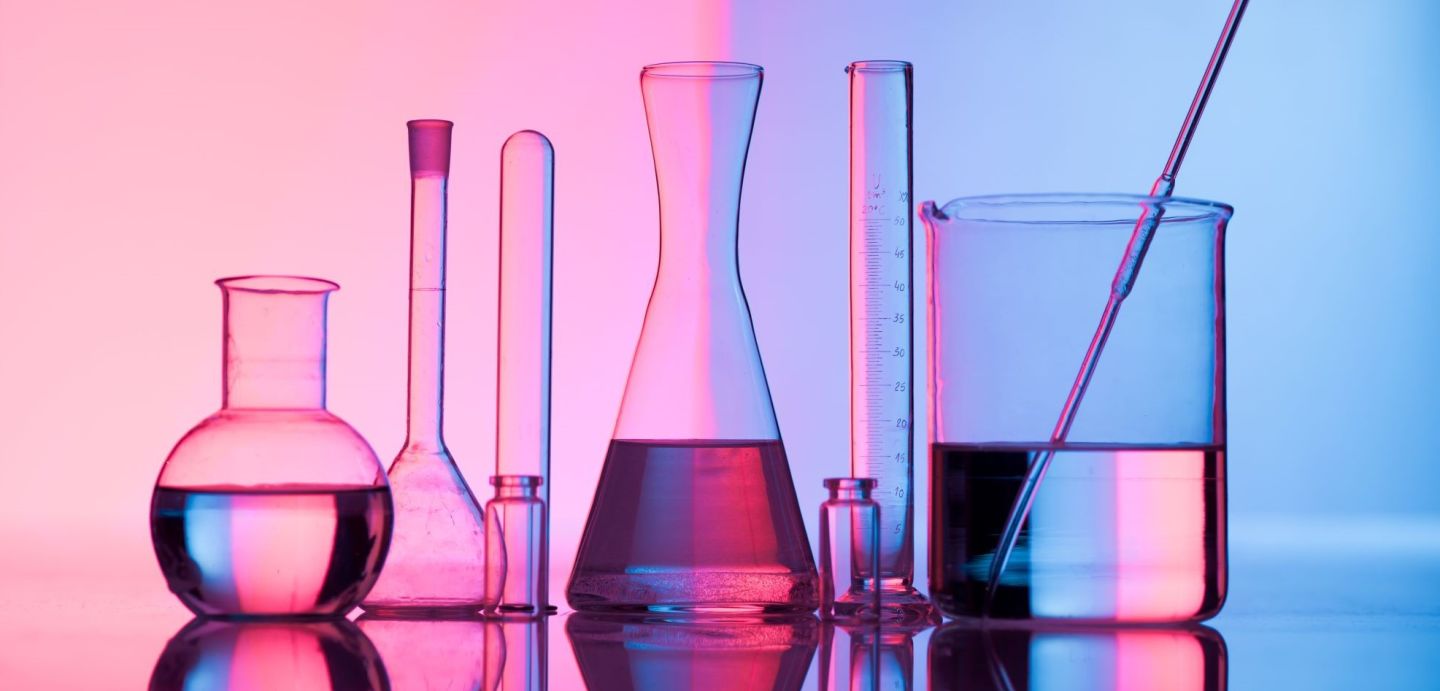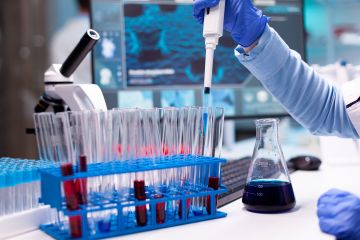
What is Pharmaceutical Science?
People in Ireland are living longer, healthier and more active lives, partly due to medical progress, and partly due to advancements in pharmaceutical science. Not only is pharmaceutical science critical to the health of the nation, it also plays a key role in the Irish economy. Ireland is one of the key locations for the pharmaceutical industry in Europe, and the Irish pharmaceutical industry has become one of the largest exporters of pharmaceuticals in the world. Over 150 pharmaceutical companies operate have plants in Ireland, including 9 of the world’s top 10 companies. This has created a strong demand for graduates qualified in pharmaceutical science, and employment prospects are excellent.
What is the BSc in Pharmaceutical Science Course?
- The BSc in Pharmaceutical Science course is a full time, three year degree that qualifies graduates for employment in the pharmaceutical/biopharmaceutical industries and related sectors.
- The course enables graduates to obtain a worthwhile qualification after three years of study.
- Students will study a broad range of scientific subjects that are important for the discovery, development and manufacture of drugs and therapies.
- A strong emphasis is placed on practical work in the laboratory, where students will get hands-on experience of using a wide range of techniques and instrumentation.
- A research project is included in the final year, allowing the student to work independently in an area of interest to them, developing their research and problem-solving skills.
- The programme allows a more flexible progression to further qualifications such as transfer to the fourth year of a related honours degree at SETU Waterford or elsewhere.
Pharmaceutical Science at SETU Waterford
Students are exposed to a wide range of state-of-the-art instrumentation and equipment at SETU Waterford and learn from researchers actively involved in cutting edge areas such as separation science, pharmaceutical drug delivery, biotechnology and environmental science.
Innovative teaching
This programme recently won the ‘Most impactful use of Pearson courseware or services’ award in recognition of the blended learning approach in the delivery of the programmes. The common science programmes use an integrated on-line tutorial system that is delivered to small groups in an IT room supported by one or two members of staff. These weekly formative tutorials allow students to apply or practice the material covered in class that week and student receives individual attention and help at tutorials.
Research at SETU Waterford
SETU Waterford lecturing staff teaching on this course are actively involved in a range of highly successful and well-funded research work related to pharmaceutical science. Collaborators include national and international universities and research institutes, and industrial partners from the pharmaceutical/biopharmaceutical sector both in Ireland and abroad. Current research areas include: development of novel polymers for therapeutic drug delivery, biomedical research in eye treatment, novel analytical methods for pharmaceutical products, sensing devices for environmental analysis, biotechnology for drug synthesis and bioremediation.
Year 1
| Semester 1 | Semester 2 |
|---|---|
| Introductory Biology | Cell Biology & Biochemistry |
| Introductory Chemistry | Physical & Organic Chemistry |
| Introductory Physics | Physics for Scientists |
| Introductory Mathematics | Mathematics for Scientists |
| Introduction to ICT for Scientists | Introduction to Biotechnology and Pharmaceutical Science |
| Good Laboratory Practice & Core Skills | Choose one of the following electives: |
| *Science & Society | |
| *Forensic Science |
Year 2
| Semester 3 | Semester 4 |
|---|---|
| Organic Chemistry and Biomolecules | Pharmaceutical Organic Chemistry |
| Spectroscopic Techniques | Chromatographic and Electrophoretic Techniques |
| Physical Chemistry | Inorganic Chemistry |
| Statistics for Scientists | Environmental Monitoring |
| Pharmaceutical Science | Biopharmaceutical Science |
| Laboratory Data Analysis and Presentation | Applied Mathematics for Scientists |
Year 3
| Semester 5 | Semester 6 |
|---|---|
| Advanced Spectroscopic Analysis of Organic Compounds | Industrial Processing and Operations |
| Chromatographic Method Development and Validation | Total Quality Management |
| Pharmaceutical Biotechnology | Laboratory Data Modelling |
| Pharmaceuticals and Natural Products | The Professional Individual |
| Inorganic and Physcial Chemistry | GMP and Data Integrity |
| Introduction to Research Methods | Research Project |
Leaving Cert: Minimum entry requirements for BSc in Pharmaceutical Science
5 subjects: O6/H7
English or Irish: O6/H7
Mathematics: O6/H7
Advanced and Equivalent Entry for BSc in Pharmaceutical Science:
Entry Recommendation for BSc in Pharmaceutical Science graduates:
Applicants should note that a science subject (Biology, Chemistry, Physics, Physics with Chemistry or Agricultural Science) at Leaving Certificate is recommended for this programme.
Students who complete this level 7 degree programme can choose either to graduate after three years or progress on to a related level 8 degree.
Information on how to progress is on our advanced entry page.
Career Opportunities for BSc in Pharmaceutical Science graduates
Pharmaceutical scientists design and develop new drugs and therapies, and devise cleaner, more efficient industrial processes to manufacture them. There is a strong demand for graduates qualified in pharmaceutical science and employment prospects are excellent. Graduates have found widespread employment in the large number of pharmaceutical industries in the southeast and beyond.
The main career opportunities are in the pharmaceutical, biopharmaceutical and related industries in areas such as:
- Laboratory analysis
- Quality control and quality assurance
- Research and development
- Environmental analysis
- Food & drinks industries
Follow on study for BSc in Pharmaceutical Science graduates
SE504 - BSc (Hons) in Pharmaceutical Science subject to application and/or interview.
Subsequent transfer to postgraduate courses at masters and PhD level.
Career Opportunities for BSc in Pharmaceutical Science graduates
The main career opportunities are in the pharmaceutical and related industries in areas such as:
-
Laboratory analysis
-
Quality assurance
-
Research and development of pharmaceutical products
-
Environmental analysis
Graduates have found widespread employment in the large number of pharmaceutical industries in the southeast and beyond.
Completion of a level 8 programme will also enable students to undertake taught Masters programmes or Masters degrees by research at SETU Waterford or other third-level colleges.
International Students Studying Pharmaceutical Science
This programme attracts many international students from around the world each year. There are many supports in place and students will be given lots of guidance from our very experienced staff in the South East Technological University International Office. To find an international perspective to the course and Department of Science have a look at our video.
Related Courses
Course Leader
